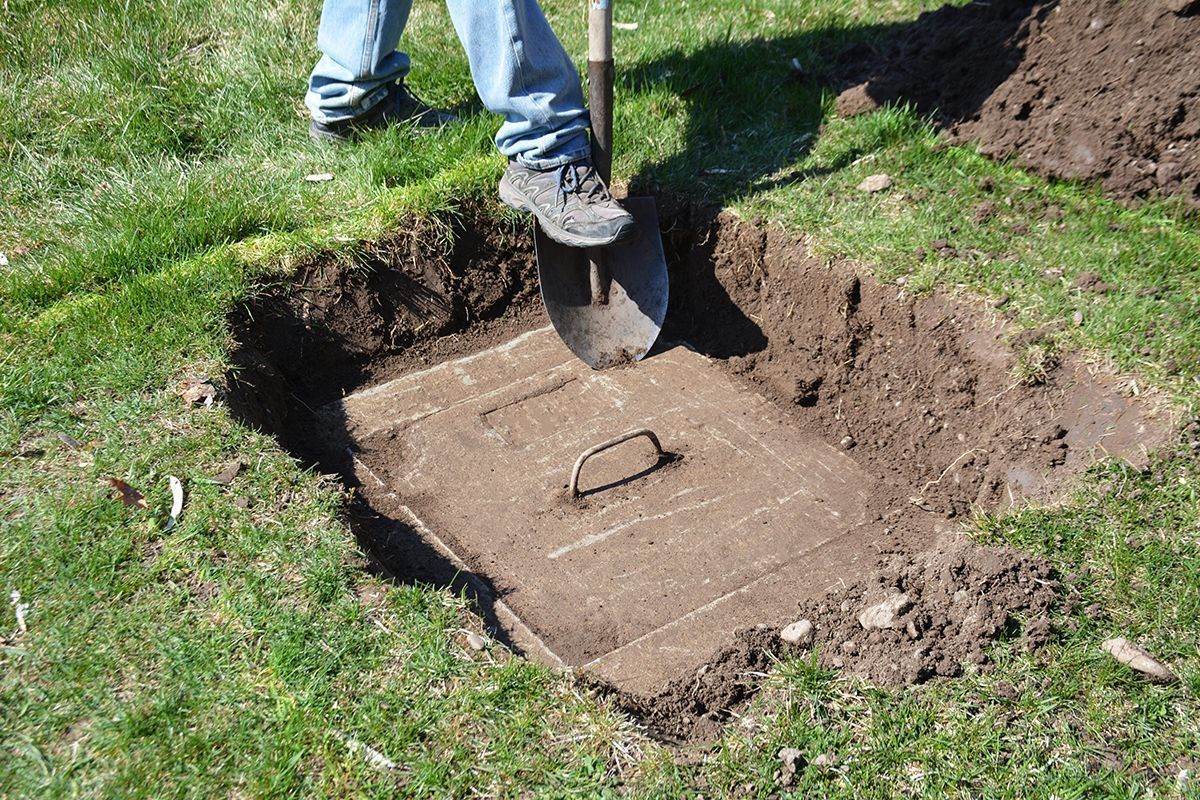Why Soil Testing is Crucial Before Land Development Begins
July 11, 2025

Before breaking ground on any land development project, conducting a thorough soil test is one of the most important steps. Whether you're planning a commercial building, residential community, or infrastructure project, the quality and composition of the soil determine the foundation's stability and long-term success. Neglecting this crucial step can lead to structural failures, costly delays, and environmental hazards.
Soil testing provides essential data on factors like load-bearing capacity, drainage properties, and contamination risks. By identifying potential challenges early, developers can make informed decisions about site preparation, foundation design, and necessary soil treatments. A proactive approach to soil testing not only ensures compliance with regulations but also minimizes unexpected complications during construction.
Key Reasons Soil Testing is Essential for Land Development
1. Assessing Soil Composition and Stability
Different soil types react differently to construction loads, making it essential to analyze their composition before building. Soil testing helps determine the presence of sand, clay, silt, or organic matter, each of which affects stability. For example, clay-heavy soils expand and contract with moisture changes, which can lead to foundation shifts and cracks over time.
A proper soil assessment allows engineers to design foundations that match the soil’s characteristics, preventing future structural issues. If necessary, soil stabilization techniques—such as compaction, grading, or adding stabilizing agents—can be implemented to improve site conditions.
2. Evaluating Drainage and Water Retention
Poor drainage can lead to serious problems such as flooding, erosion, and foundation instability. Soil testing identifies how well the ground absorbs and drains water, which is critical for site grading, stormwater management, and foundation planning.
If the soil has poor drainage, developers may need to install drainage systems, use soil amendments, or adjust the site's grading to prevent water accumulation. Ignoring drainage issues can result in long-term maintenance problems, costly repairs, and environmental concerns.
3. Detecting Contaminants and Environmental Risks
Soil contamination is a major concern for land development, especially in areas with previous industrial or agricultural use. Testing for pollutants such as heavy metals, chemicals, or petroleum residues helps developers determine if remediation is needed before construction begins.
Failure to address contaminated soil can lead to environmental hazards, legal liabilities, and project delays. By identifying risks early, developers can take appropriate measures, such as soil removal, treatment, or containment, to ensure a safe and compliant development process.
4. Ensuring Compliance with Regulations
Local and federal regulations require land developers to meet specific soil quality and environmental standards before construction. Soil testing is often a prerequisite for obtaining permits and approvals. Authorities may require reports on soil stability, compaction levels, and potential contamination before granting the green light for development.
Skipping this step can lead to non-compliance, project delays, and costly fines. Conducting soil tests early helps developers stay ahead of regulatory requirements, ensuring a smooth approval process and avoiding setbacks.
5. Preventing Costly Construction Issues
Unforeseen soil problems can lead to expensive modifications during or after construction. For example, unstable soil might require additional reinforcement, while poor drainage could necessitate costly water management solutions. Addressing these issues early through proper soil analysis helps developers plan budgets more accurately and avoid unexpected expenses.
By investing in soil testing upfront, developers reduce the risk of foundation failures, structural damage, and environmental remediation costs. This proactive approach leads to a more efficient, cost-effective, and successful construction project.
Expert Soil Testing and Land Development Solutions
For reliable soil testing and
land development planning, trust the expertise of Environmental Design Group
in Austin, TX. With over 55
years of combined experience, we provide comprehensive soil analysis to help developers build with confidence. Our team ensures your project starts on a solid foundation, meeting all safety and regulatory standards. Contact us today to schedule a consultation.




